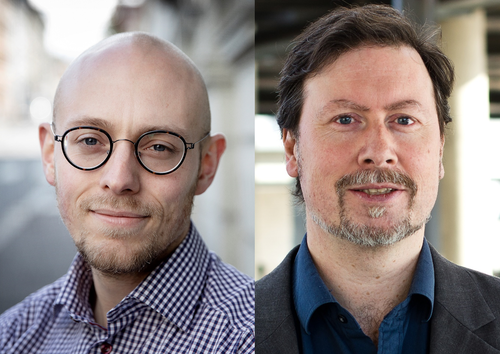Psychological treatment and psychotherapy are intended to reduce human suffering. When someone seeks help, the professional therapist shall listen to what is being told, contain it, and provide advice or interventions in order to help patients be able to develop new and more adaptive behavior, thought processes and emotional responses. It is therefore paradoxical that psychotherapy, provided with the best intentions, may have negative effects. How is it possible that such interventions aimed at curing mental disorder increase symptoms or suffering? How may something that is designed to help end up being harmful?
This book investigates contexts, areas, therapists and instances where psychological treatment is counterproductive; when doing nothing actually would have been more helpful. The authors also suggest possible steps toward a culture of greater openness and a safer mental health care system.






